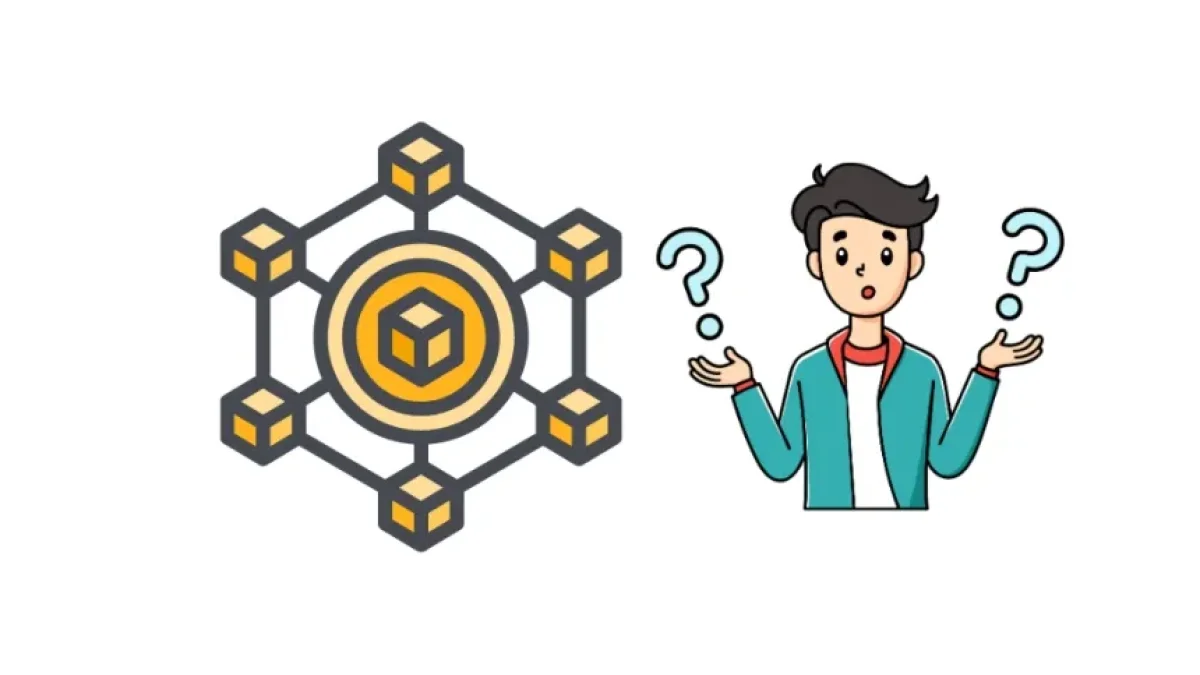Humanities and technology: key to a sustainable future.


The intersection between the humanities and technology is becoming a fundamental topic for addressing future challenges. Recently, a conference examined this intersection, highlighting the importance of understanding technology from a humanistic perspective. Below is a summary of the key points discussed at this crucial event.
The Importance of the Humanities in the Digital Age
The humanities have played an essential role in understanding and developing technology. Currently, these disciplines are at the center of the debate on how digital tools affect society and culture. During the conference, it was emphasized that, in an increasingly technology-mediated world, the humanities offer a critical approach to examining the effects of technological innovation on our lives.
Promoting Interdisciplinary Dialogue
The conference highlighted the need to foster a dialogue between scientists, engineers, and humanists. This collaboration is key to developing sustainable solutions to current social and environmental issues. Participants agreed that by integrating knowledge from multiple disciplines, it is possible to create technologies that are not only functional but also consider human and social well-being.
Reflections on Ethics and Technology
One of the most important issues addressed at the conference was ethics in technological development. Experts emphasized that the lack of ethical reflection can lead to the irresponsible use of technology. Thus, the humanities can provide a solid foundation for addressing these ethical dilemmas, helping developers consider the long-term impacts of their creations.
Success Stories in the Synergy Between Humanities and Technology
Some case studies presented at the conference showed how the fusion of humanities and technology has resulted in successful innovations. For example, digital art projects exploring social themes have managed to attract public attention and generate meaningful discussions. These projects demonstrate how creativity and critical thinking can shape new technological approaches.
Education as a Driver of Change
Education is another key point in this conversation. It was highlighted that it is essential to incorporate the study of the humanities into educational programs related to technology. This will enable future generations to become more conscious and responsible professionals. Educators were urged to promote an interdisciplinary approach in classrooms, where both technique and ethics are valued.
Read also
Towards a Sustainable Future
Experts concluded that the combination of humanities and technology is essential for building a sustainable future. In a global context where ecological and social challenges are increasingly urgent, it is necessary to have methods that integrate both critical thinking and innovation. Collaboration between disciplines can promote technological development that is not only efficient but also sustainable and ethical.
The conference made it clear that the humanities should not be seen as a secondary field of study in the technological realm, but as a crucial component in developing solutions to contemporary challenges. This new perspective could result in technologies that respect and enhance the human condition.
I invite you to continue exploring these types of topics and many more interesting news on my blog. Don’t miss it!



















